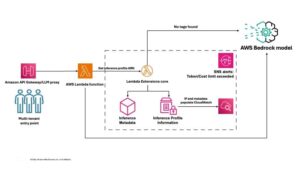In 2023, the European Union (EU) registered a total of 10.7 million new passenger cars, reflecting the changing landscape of the automotive sector on the continent. While vehicles with pure gasoline engines still lead the market, with a share of 34.5%, the advance of hybrid and electric technologies has been significant.
Non-plug-in gasoline hybrid cars made up 21.1% of new registrations, while single battery electric vehicles reached an impressive 14.5%, slightly surpassing pure diesel cars, which represented 14.3%. This shift highlights a movement towards cleaner and environmentally sustainable options.
Over the last decade, from 2013 to 2023, there has been a notable growth in single battery electric car registrations, almost reaching in 2023 the combined share of hybrids and electric cars, compared to pure gasoline and pure diesel cars. This balance indicates that the transition to sustainable vehicles is already a reality in the European market.
The analysis of new passenger car registrations highlights how some countries have adopted these emerging technologies more efficiently. Finland, for example, leads the group with an astonishing 78% of its new registrations corresponding to hybrid and electric vehicles. Sweden and the Netherlands also stand out with figures above 65% in this area.
However, not all European countries follow this trend with the same intensity. Bulgaria, the Czech Republic, and Croatia have much lower adoption rates of hybrid and electric technologies, with 7%, 20%, and 28%, respectively. This poses challenges and opportunities to implement policies and strategies that promote the use of cleaner vehicles.
These data reflect a diverse and growing trend in the adoption of more sustainable technologies within the private transport sector in Europe. This transformation has been driven by both government policies and a notable shift in consumer preferences. Some countries are excelling in this transition towards eco-friendly mobility, positioning themselves as leaders and examples to follow for the rest of the region.
Source: MiMub in Spanish












